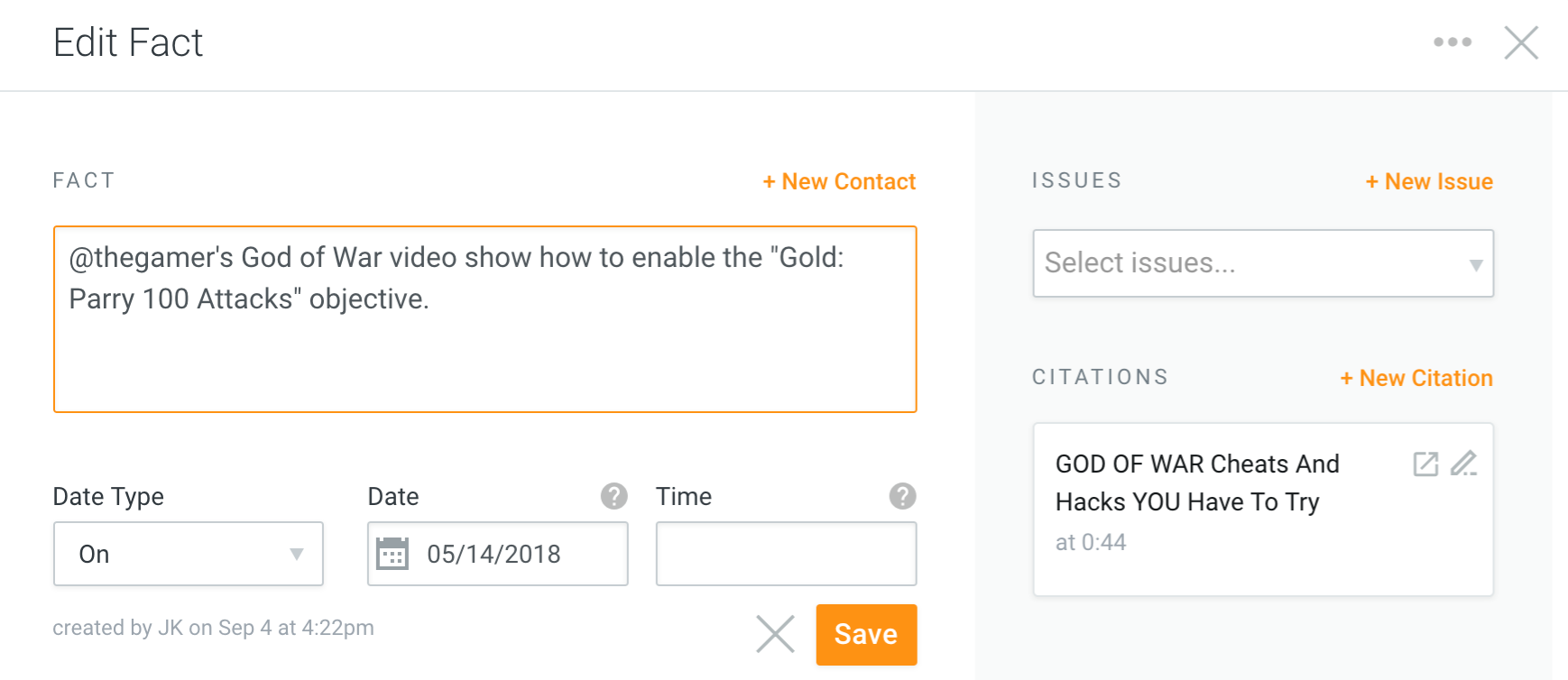
Video games have been a way of life since the first computers, from the basic games of the 1950s to Pac-Man Fever of the 1980s. The 21st Century has a new level of game play, with far more complicated games that were ever envisioned in the days of Pong. One new way of enjoying video games is where players can stream their game play on services such as Twitch for others to watch.
Twitch has already had one lawsuit over bot services that falsely inflate usage in order make some users look more popular than they really are. See, Twitch Interactive, Inc. v. Johnston, No. 16-cv-03404-BLF, 2017 U.S. Dist. LEXIS 44863, at *2 (N.D. Cal. Mar. 27, 2017). This is just one way parties can litigate over games.
Cheat Code Lawsuits
Playing video games is a lot of fun, with no shortage of options for how people can play. However, no one likes it when others cheat at games. And cheating was the center of one Federal lawsuit.
The makers of Fortnite sued a Defendant in Russia for creating and posting cheat codes. The Defendant posted a video with where to use the cheat codes on his YouTube channel. After learning of these actions, the Plaintiff sued, the Defendant subjected himself to personal jurisdiction, and ultimately defaulted on the complaint. The issue was whether the Court could issue a default judgment for a permanent injunction barring the Defendant from using the Plaintiff’s copyrighted works or trademarks that in any way modified their protected computer code. Epic Games, Inc. v. Mendes, 2018 U.S. Dist. LEXIS 98719, at *2-3 (N.D. Cal. June 12, 2018).
 The Court denied the motion on procedural grounds and allowed the Plaintiffs to amend their complaint or file a new motion for default judgment to address the issues raised by the Court. Moreover, there was a mootness issue with the fact YouTube took down the alleged infringing video.
The Court denied the motion on procedural grounds and allowed the Plaintiffs to amend their complaint or file a new motion for default judgment to address the issues raised by the Court. Moreover, there was a mootness issue with the fact YouTube took down the alleged infringing video.
One issue the Court declined to rule on was whether posting a video of gameplay on YouTube was a form of copyright infringement under 17 U.S.C. § 106(4). The Court offered in dicta that the Plaintiff had not demonstrated infringement by what they had pled.
Fortnite has millions of concurrent monthly players, so it is no surprise they would litigate against someone posting cheat codes from another country. Moreover, we are in an age where there are over 300 hours of video posted to YouTube every minute. Game producers who would want to send take down notices to infringing videos will need very active IP departments searching YouTube daily. This raises an interesting question, how can these cases be litigated?
Organizing Evidence of Infringement
The most basic option to document infringement is to create a series of provable facts. It’s often helpful to create facts from their sources of proof — by highlighting documents, for example — but this isn’t possible for YouTube videos, which can’t easily be downloaded or converted to text. Even so, creating sources of proof for YouTube videos can be done easily in CaseFleet.
Uploading a screenshot from YouTube enables you to associate an image with the source, which you can then edit to add tags, change its name, link an entity (contact), and add notes showing the URL for the video:

With the source in place, facts created using the source as evidence.
Start by taking screenshots of the relevant infringing video. In CaseFleet, these clips can be organized as facts to support the claims for infringement. For example, if the video reveals a particular cheat code 44 seconds into the clip, you could create a fact whose pin cite will be listed as “Cheat Code Video at 0:44” by clicking the “+New Citation” link on the fact page:
The finished product is a fact whose proof is crystal clear:

Knowing how you’ll prove each material fact is essential for litigators. Don’t let your adversaries game the system. Instead, level up your own practice by organizing your evidence and chronologies.
 About the Author
About the Author
Josh Gilliland is a California attorney who focuses his practice on eDiscovery. Josh is the co-creator of The Legal Geeks, which has made the ABA Journal Top Blawg 100 Blawg for 2013 to 2016, the ABA Web 100 for Best Legal Blog and Podcast categories, and was nominated for Best Podcast for the 2015 Geekie Awards. Josh has presented at legal conferences and comic book conventions across the United States. He also ties a mean bow tie.